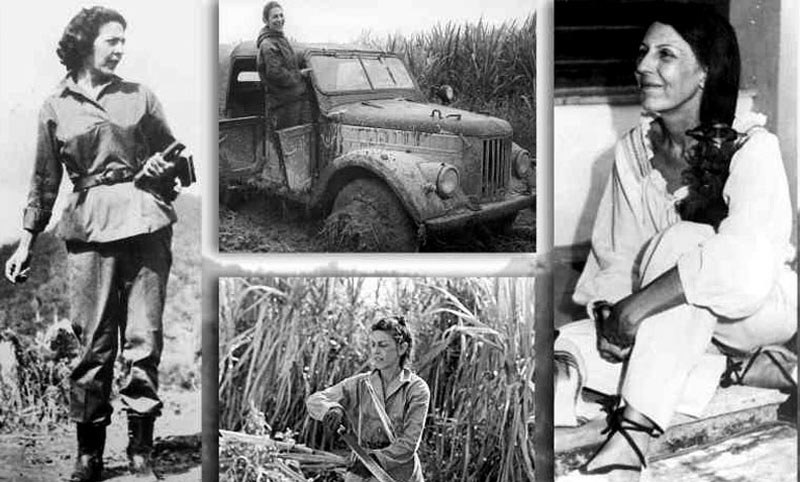On X, Díaz-Canel wrote: “The permanent tribute to the most autochthonous flower of the Revolution, Celia Sánchez, who, like few others, cared for and improved the history and legacy of Fidel (Castro), from the days of fights in the Sierra Maestra mountain range, in eastern Cuba, as the first guerrilla fighter of the Rebel Army.
National People’s Power Assembly (Parliament) President Esteban Lazo described Sánchez, who was “the heroine of the mountain and plain,” as “an extraordinary woman who served as a secretary of the Council of State of the Republic of Cuba.
“Celia was and will always be (…) the most intimate and dearest fiber of the Revolution, the most beloved of our sisters, and the most autochthonous flower of the Revolution,” Lazo said, echoing the words of intellectual and revolutionary Armando Hart (1930-2017).
Prime Minister Manuel Marrero wrote on the same social platform what the historic leader Fidel Castro said about Celia: “She was all about human quality and concern for other people. She never forgot anyone during or after the war and was the godmother of all old guerrilla fighters.”
Cubans consider Celia Sanchez (May 9, 1920 – January 11, 1980) one of the most iconic figures of the Cuban Revolution due to her contribution to the country’s revolutionary cause in the undercover struggle during the combats of the Rebel Army in the Sierra Maestra mountain range and the execution of major projects after the revolutionary triumph on January 1, 1959.
jrr/iff/mem/lld










